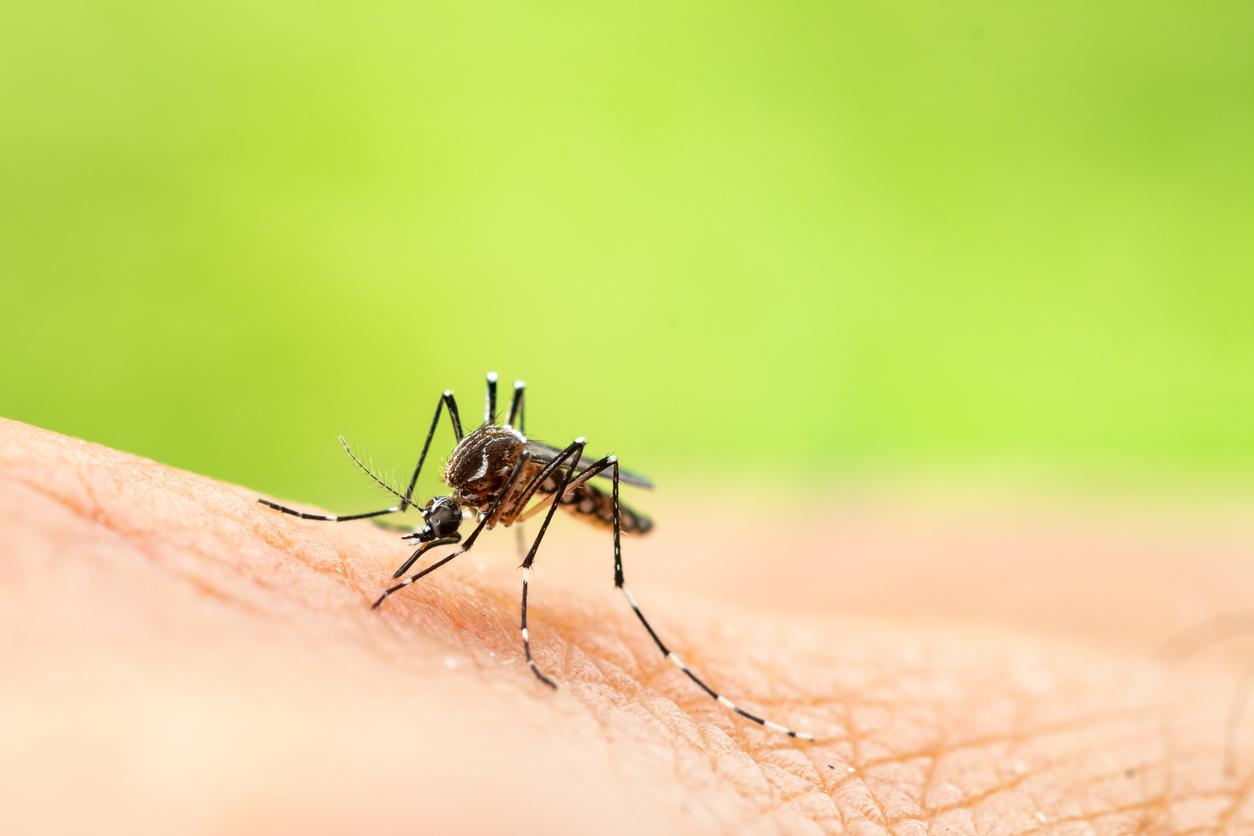How to choose your salmon? Not easy to find your way around: the Salmon is a fatty fish, therefore exposed to chemical substances, but it is rich in omega-3, therefore interesting for health. “Standard” salmon from breeding farms are generally to be avoided, because of the density of animals in the parks, which increases the risk of parasites and diseases requiring the use of biocides (pesticides, antibiotics, etc.). We turn to products bearing the Label Rouge or organic. One Salmon Label Rouge breeding comes from a marine farm limiting the density of fish, and has a controlled lipid content thanks to a quality diet and of course, without GMOs. There remains the problem of water pollution…
Its advantages
- good for the heart : anti-inflammatory, its omega-3 type polyunsaturated fatty acids protect the cardiovascular system and cognitive functions.
- satiating : its high content of complete proteins (20.5 g/100 g), essential “building blocks” for the body, makes it an appetite suppressant.
- Rich in B vitamins : the vitamins B1, B3, B6, B9 and B12 that it contains in quantity support the good metabolic functioning.
- Antioxidant Mine : source of selenium and vitamin E, it helps protect our cells from aging.
- Beneficial for the bones : 100g of Salmon cover approximately 30% of the RDA in vitamin D, essential for the fixation of calcium (bones, teeth).
His defect
Its heavy metals: located at the end of the food chain, Salmon accumulates heavy metals. We put it on the menu once a week, but no more.
His CV
- 194 Cals per 100g
- Protein: 20.5g
- Lipids: 12.4g
- Carbohydrates: 0g
- Fibers: 0g
Read also :
- 9 fish slimming recipes
- 9 quick recipes with canned mackerel
- 10 quick recipes with a can of tuna


























